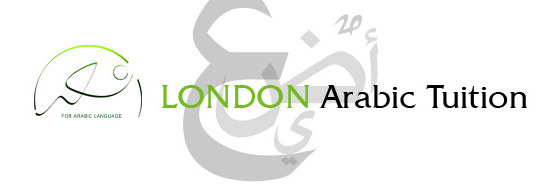Arabic is rapidly becoming one of the most important languages in the world. There are a number of different factors driving the rising importance of the Arabic language. For one thing, the relative stability of much of the Arab world, notably Saudi Arabia, is attracting business and investment from across the globe. The recent moves towards reform on the Arabian Peninsula has helped to remove some of the barriers which previously were deterring investment from abroad and have further boosted Saudi Arabia’s profile as an investment destination.
Not only this, but the rising average wealth among many of the Arab countries is leading to an increase in the number of people emigrating, bringing the culture and language with them. Recent instability in Syria has led to large numbers of migrants and refugees travelling to Europe and so many areas of the continent now have a much higher proportion of Arabic speakers than they previously did.
There are a number of different varieties of Arabic spoken today. In fact, there are five main varieties, one of which is Levantine Arabic. This dialect is mainly spoken along the eastern coast of the Mediterranean, with most of the speakers being concentrated in Syria, Lebanon, Jordan, Palestine, and Israel. The Levantine Arabic dialect is heavily influenced by Aramaic.
Anyone considering learning Arabic should give serious consideration to learning the Levantine dialect. Here are some of the top reasons for choosing this dialect over the others.
Travel
Whenever travelling to another part of the world, it helps to have at least a basic understanding of the local language. If your travels are going to take you along the eastern Mediterranean coast then being able to speak Levantine Arabic will allow you to converse with the locals and to better understand the surroundings you find yourself in.
Business
Conducting business in the Middle East usually requires at least a basic understanding of Levantine Arabic. With 20 million speakers, and counting, worldwide, chances are that if you’re doing business anywhere in the Middle East, and especially along its western coast, your local business partners will speak Levantine Arabic. For example, the official language of Jordan is Standard Arabic, but Levantine Arabic is also very widely spoken throughout the country.
There are a few subtle variants on Levantine Arabic which are worth noting if you are hoping to conduct business in the Middle East. Those hoping to do business with investors from Israel, Palestine (between Nazareth and Bethlehem), the Hauran Mountains (Syria), or Western Jordan will want to learn Southern Levantine. On the other hand, if you are conducting business in the rest of Syria, Lebanon, Gaza, or the West Bank then you should learn Northern Levantine instead.
Work
Many of the areas along the eastern Mediterranean coast are some of the best places in the Middle East to work. They are among the most profitable and most stable countries in the region. Those who are planning on spending an extended stay in the area will therefore benefit greatly from having a good grasp of Levantine Arabic.
In addition to the reasons above, the Quran is written in Arabic, and while there are obviously translations available in just about every language, most scholars agree that the only way to truly experience and understand the Quran is to read it in its original Arabic form. There are a great many subtleties to the language that are difficult or impossible to translate, so learning Arabic will allow you understand this important cultural document.
Levantine Arabic is a dialect that is very widely spoken, particularly in the most investible and stable areas of the Middle East, making it an excellent dialect to learn.




Leave a Reply
You must be logged in to post a comment.